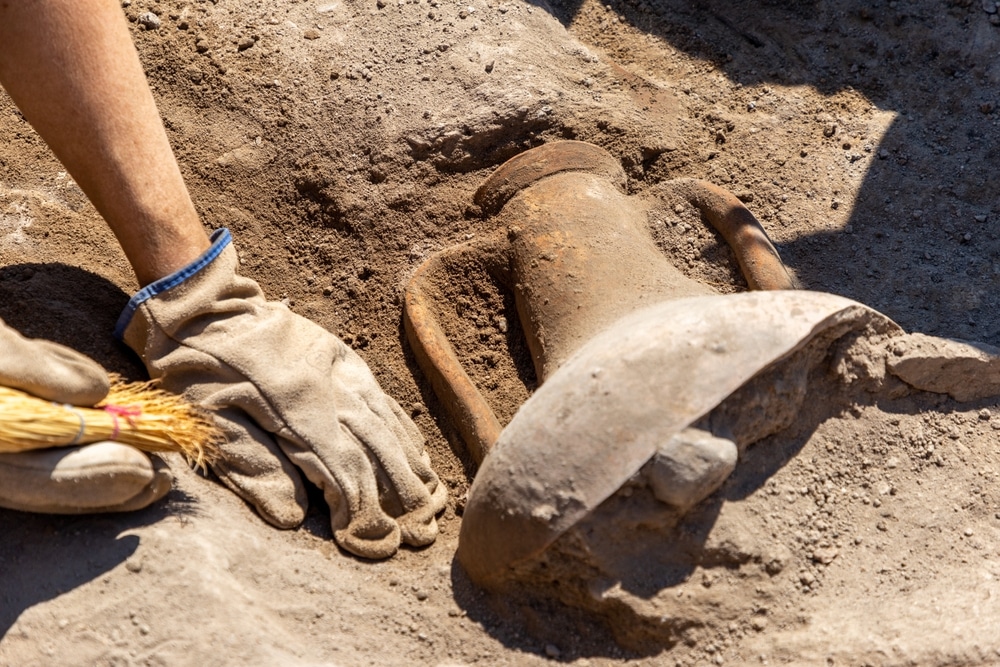An Ebola outbreak has officially been declared in Uganda after a person tested positive for the Sudan species of the virus, the World Health Organization (WHO) said on Tuesday. This is following six “suspicious deaths” in the past month. Worryingly, it’s uncertain whether the existing Ebola vaccines will work against this rarer species of the virus.
The 24-year-old tested positive for the Sudan ebolavirus in Mubende district in the Central Region of Uganda. On top of this single confirmed case, eight suspected cases are currently receiving care in a health facility.
Ebola is a viral disease that causes blood clotting problems, leading to internal bleeding and other complications. Around half the people who contract the disease die, although case fatality rates for the Sudan species have varied from 41 percent to 100 percent in different outbreaks.
The infection often starts with symptoms such as fever, fatigue, muscle pains, followed by vomiting, diarrhea, impaired kidney and liver function, and unexplained bleeding. The disease can be spread through contact with the bodily fluids of a person who is sick with or has died from the Ebola virus disease. Additionally, the virus is present in animal reservoirs found in sub-Saharan Africa.
They are six known species of the ebolavirus, three of which (Bundibugyo, Sudan, and Zaire) have previously caused large outbreaks. While effective Ebola vaccines have been developed in recent years, they have only proved effective against the more common Zaire species. It is unclear how well they performed against the Sudan species.
The good news, however, is that Uganda has some solid experience dealing with Ebola outbreaks. In 2019, the country experienced an outbreak of Zaire ebolavirus. It even went through an outbreak of Sudan ebolavirus in 2012.
“This is the first time in more than a decade that Uganda is recording an outbreak of Sudan ebolavirus. We are working closely with the national health authorities to investigate the source of this outbreak while supporting the efforts to quickly roll out effective control measures,” Dr. Matshidiso Moeti, World Health Organization (WHO) Regional Director for Africa, said in a statement. (IFLScience)
















